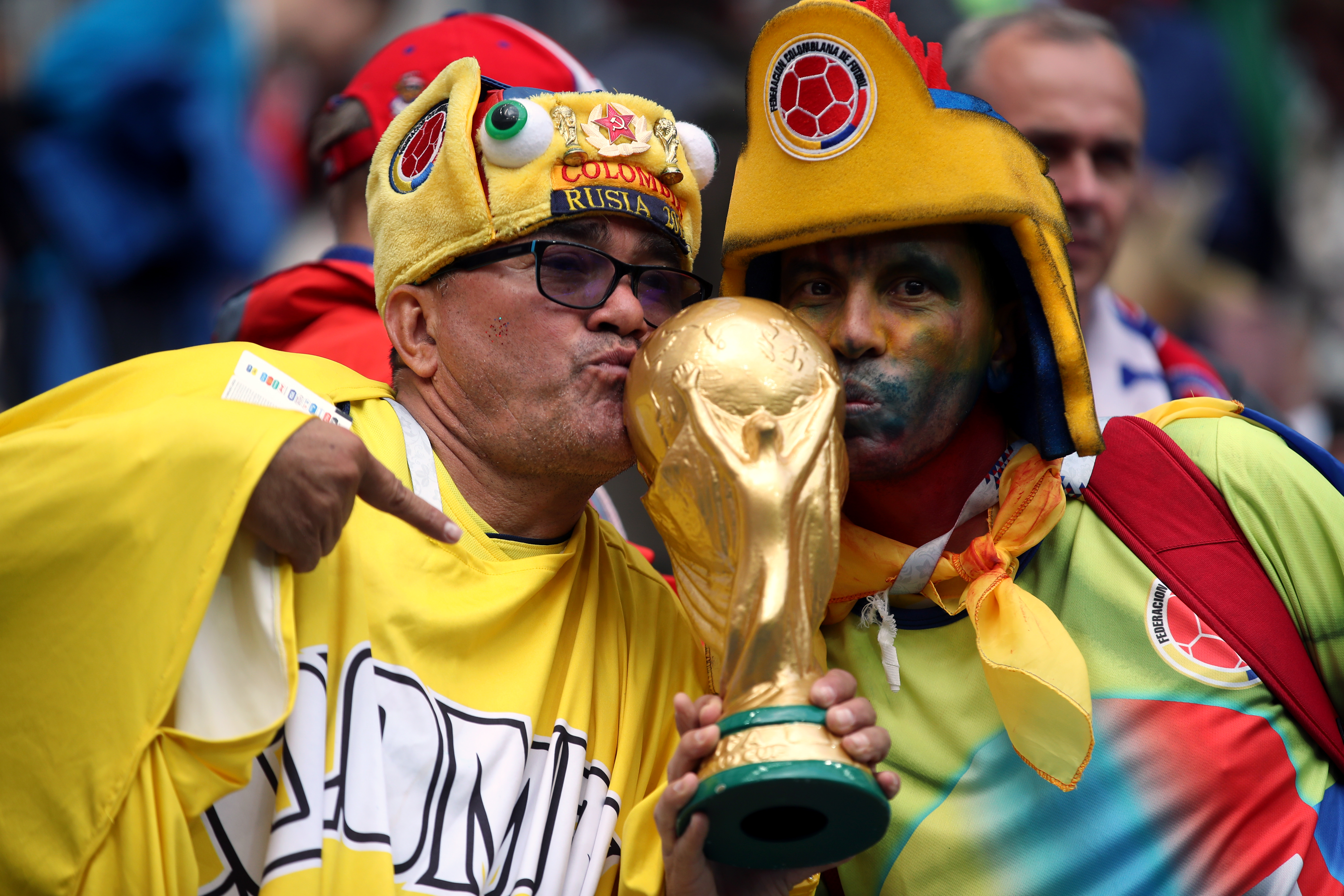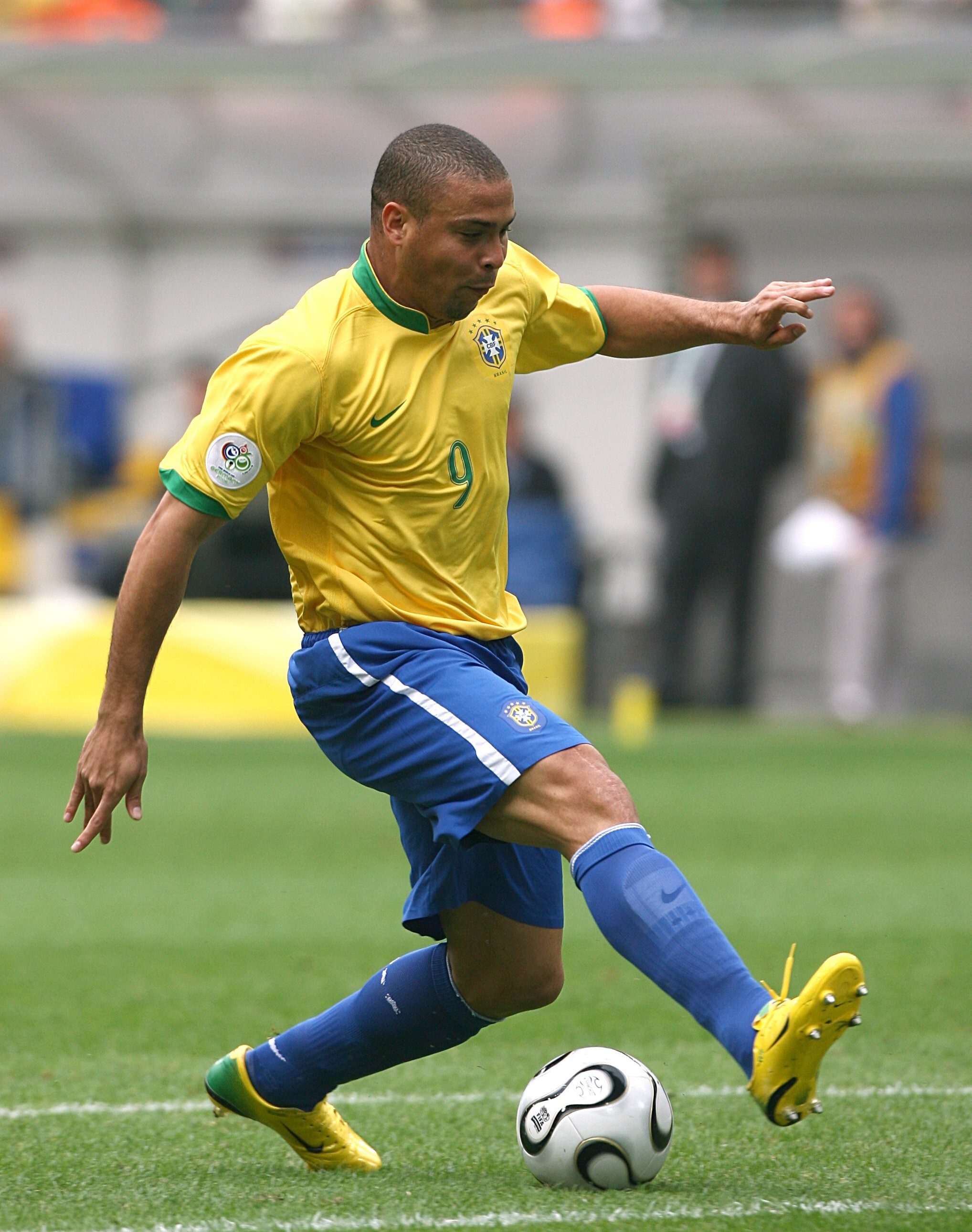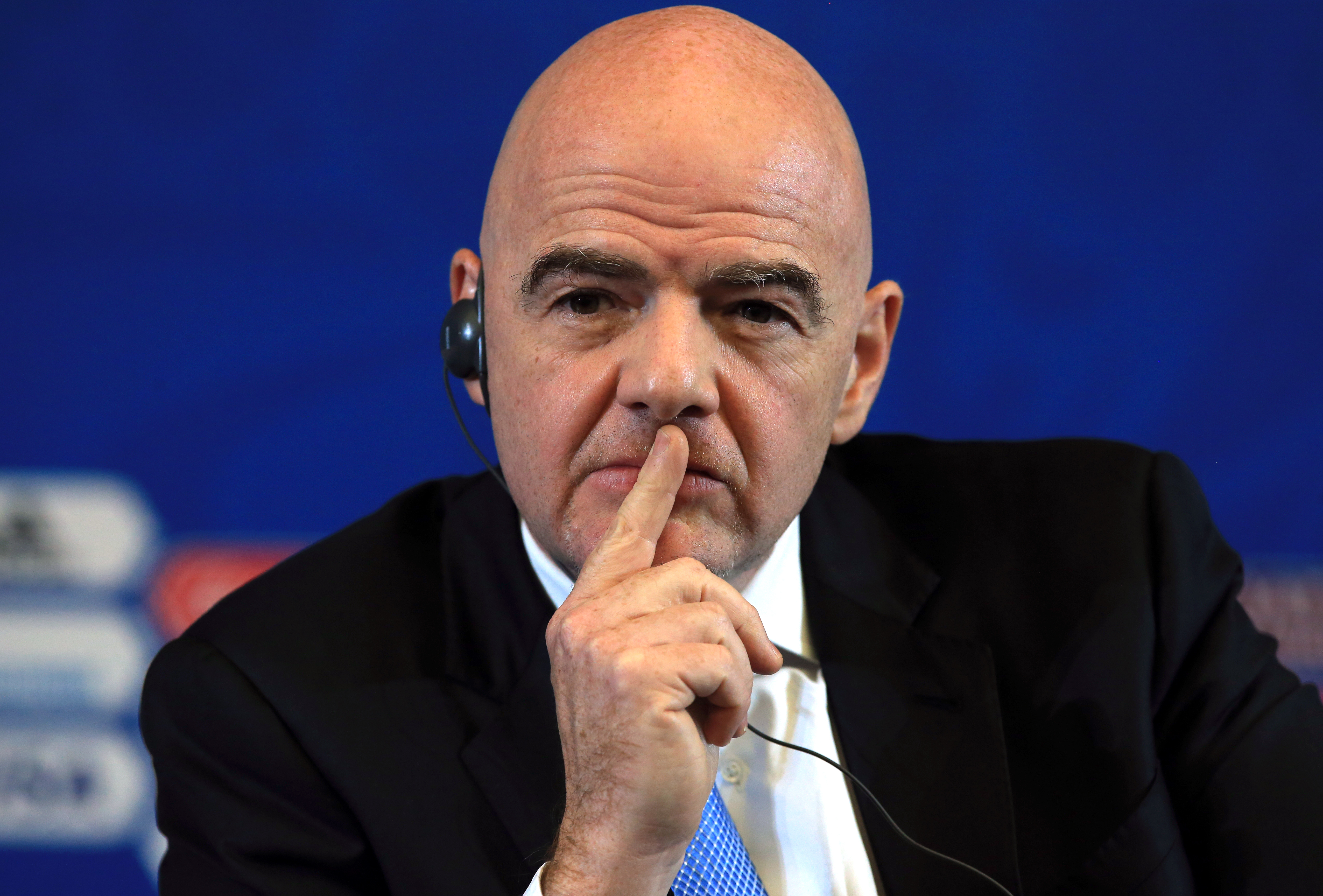What are FIFA proposing for a World Cup every two years?

Arsene Wenger has outlined FIFA’s plans to play a World Cup every two years, a move which would be hugely controversial.
Here the PA news agency examines the issues involved.
What is FIFA proposing?
FIFA President Gianni Infantino: “We’re consulting players and clubs from all over the world as well as FIFA's 211 member associations, and fans. They all have an equal right to be listened to. This is about democracy and we respect all voices.”— FIFA Media (@fifamedia) September 8, 2021
To hold a men’s World Cup or continental finals every June, a big departure from playing those competitions once every four years. To achieve this, the qualifying programme would be shortened to a maximum of seven matches per country, including a play-off, and condensed into one international window in October, or two international windows in October and March.
Who is against it?
European Leagues statement on football calendar— European Leagues (@EuropeanLeagues) September 9, 2021
UEFA president Aleksander Ceferin has expressed “grave concerns” about the plans and on Thursday was joined by the European Leagues – a group which includes the Premier League and the EFL – which firmly opposes the proposals. The European Club Association is also expected to reject it and its chairman Nasser Al Khelaifi warned against “unilateral decisions” on the international calendar. The Football Supporters Europe (FSE) network wrote to UEFA to express its unhappiness with the plans. Among current players, Wales forward Gareth Bale does not like it, even though it would give him and his country more chances to qualify.
Why don’t they like it?
- 2025 - Continental finals (Euros, Copa America, Asian Cup, Gold Cup, Africa Cup of Nations)
- 2026 - World Cup
- 2027 - Continental finals (Euros, Copa America, Asian Cup, Gold Cup, Africa Cup of Nations)
- 2028 - World Cup
- 2029 - Continental finals (Euros, Copa America, Asian Cup, Gold Cup, Africa Cup of Nations)
- 2030 - World Cup
Critics say shortening the gap would lessen the prestige of the finals, while the European Leagues statement warned about the dangers of adding extra competitions to an already congested calendar.
Who supports it?

Wenger, naturally, as its author, has espoused its merits and said if he was a club coach still he would “sign with both hands” for the changes. The Confederation of African Football has backed the plans, and so too have a players and coaches group including the likes of former Brazil striker Ronaldo, former Denmark goalkeeper Peter Schmeichel and ex-Australia midfielder Tim Cahill.
Why would FIFA want to change this, and who else would benefit?

Wenger says the plans simplify the calendar, and would actually benefit players because of the reduction in the number of international breaks. The plans also make provision for a mandatory 25-day rest period for players after a summer tournament. Although if a break can be made mandatory with a tournament every summer, why not make one mandatory without it?
Get FourFourTwo Newsletter
The best features, fun and footballing quizzes, straight to your inbox every week.
FIFA’s member associations – many of whom have never played at a World Cup or have any immediate prospect of doing so even if the changes are made – stand to benefit from a revenue increase, if double the World Cups really does mean double the money. And if the members are happy, it would strengthen FIFA president Gianni Infantino’s global power base.
Who would be the losers in such a plan?

Quite a few on the face of it. The Women’s World Cup would be guaranteed to go up against a major men’s final every June, though FIFA is understood to be working on a separate women’s calendar which would keep the events sufficiently apart by playing the women’s finals in July or August. Plans for an expanded, summertime Club World Cup, which would most obviously benefit clubs outside of Europe, also appear dead in the water while the change would also put the World Cup in the same summer as the Olympic Games.
The plans would also appear to spell the end for UEFA’s Nations League and quite possibly lucrative pre-season tours by Europe’s biggest clubs.
What happens next?

In short, a turf war, as one source put it to the PA news agency.
Infantino wants the proposals to be put to the 211 FIFA member associations by the end of the year, and there is every likelihood the prospect of additional revenue would encourage them to vote it through.
But if the major clubs in the big leagues who pay the players who would star in these World Cups oppose it and dig their heels in, the outcome of that vote would be irrelevant.
